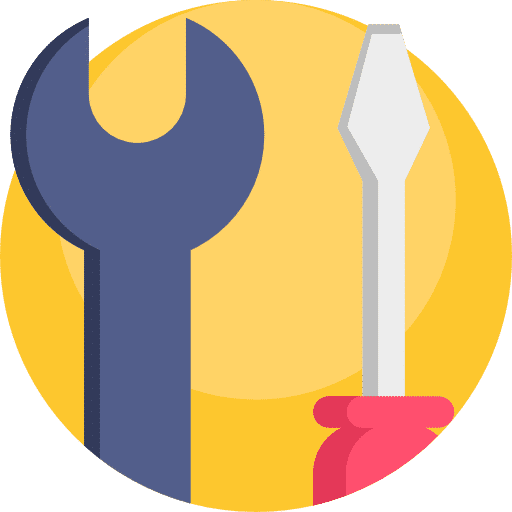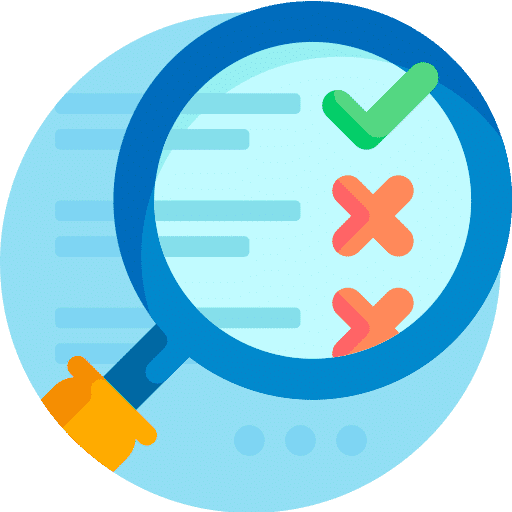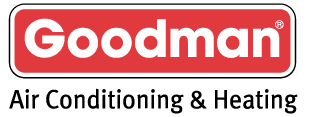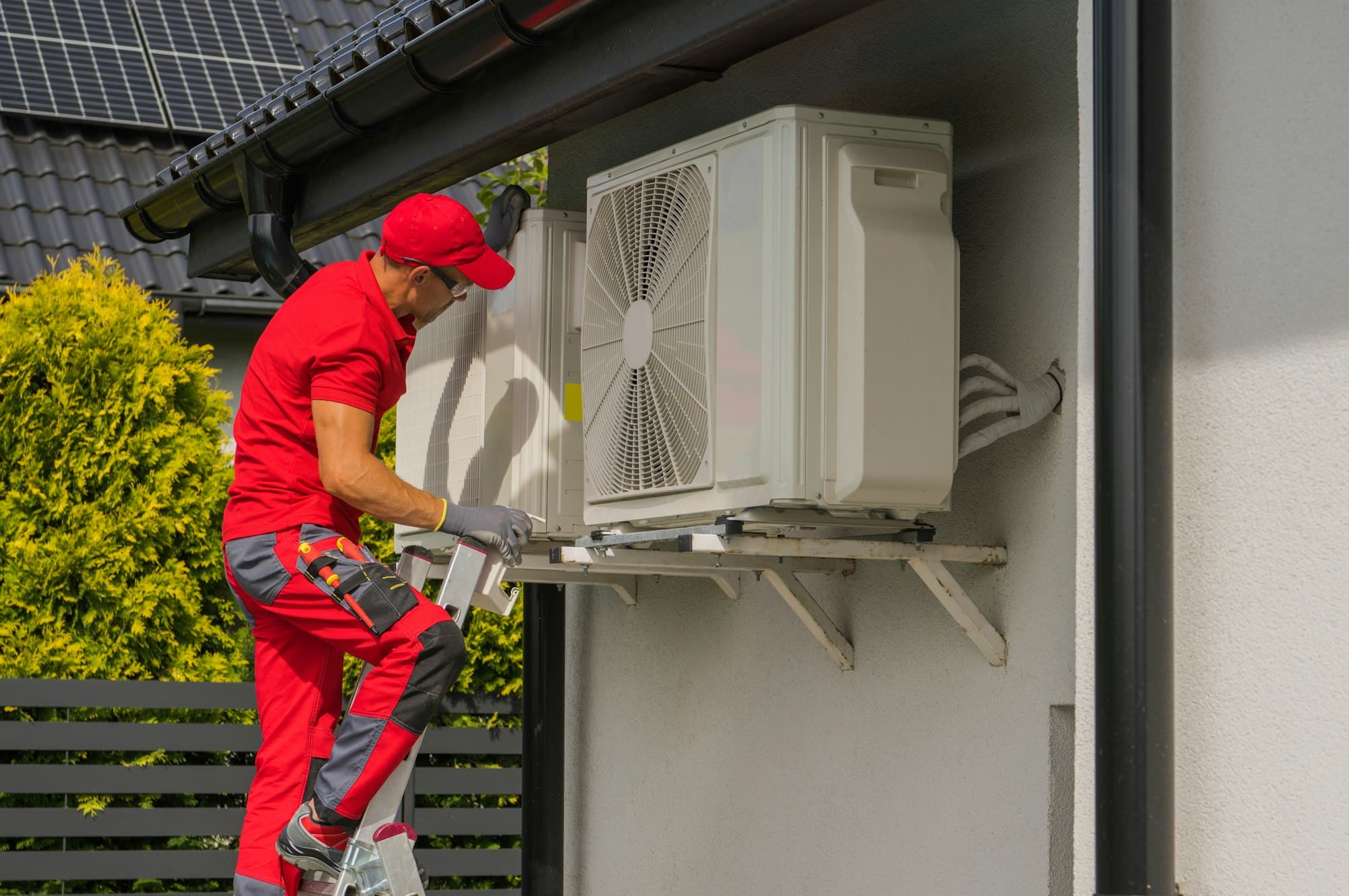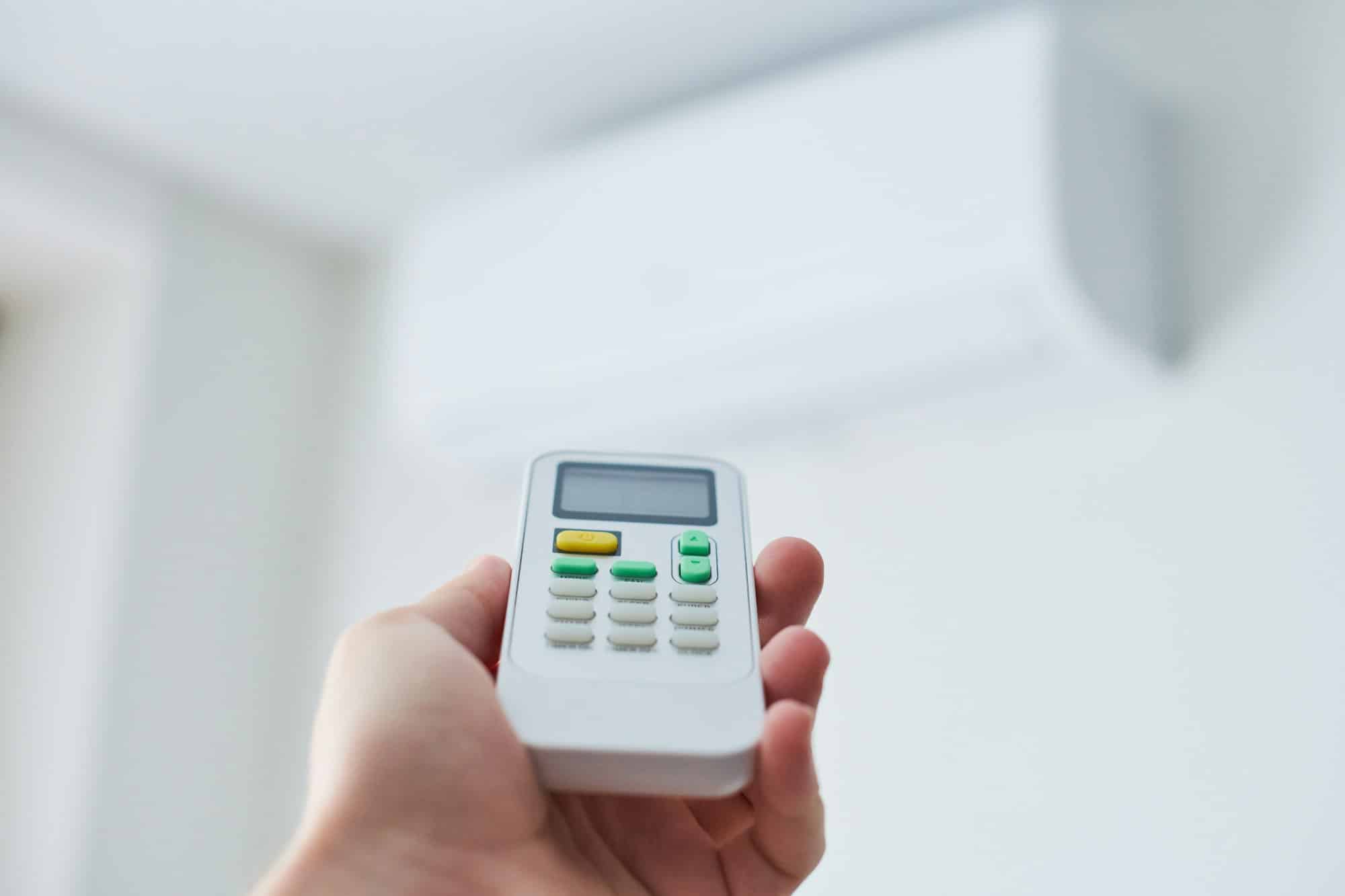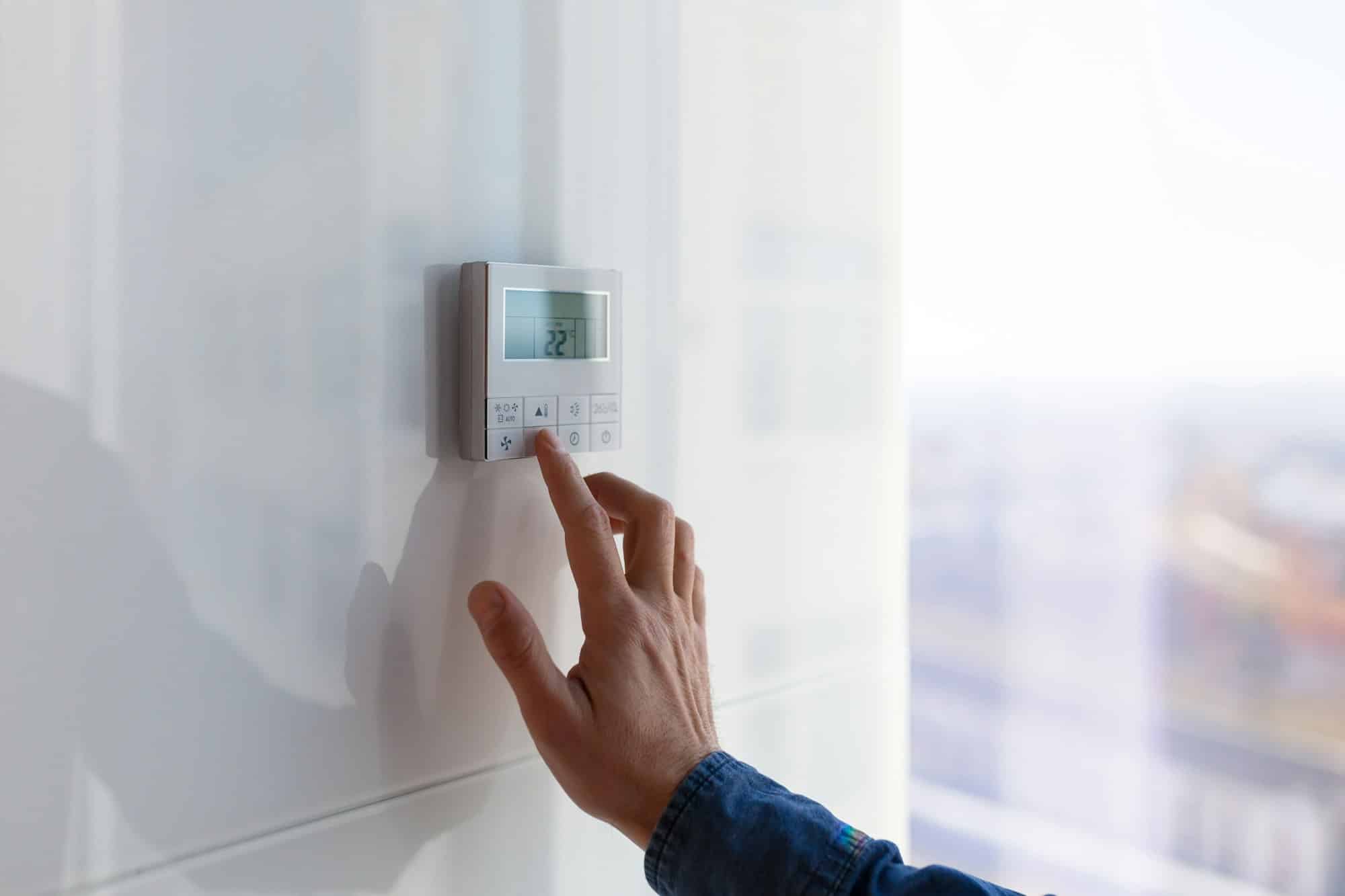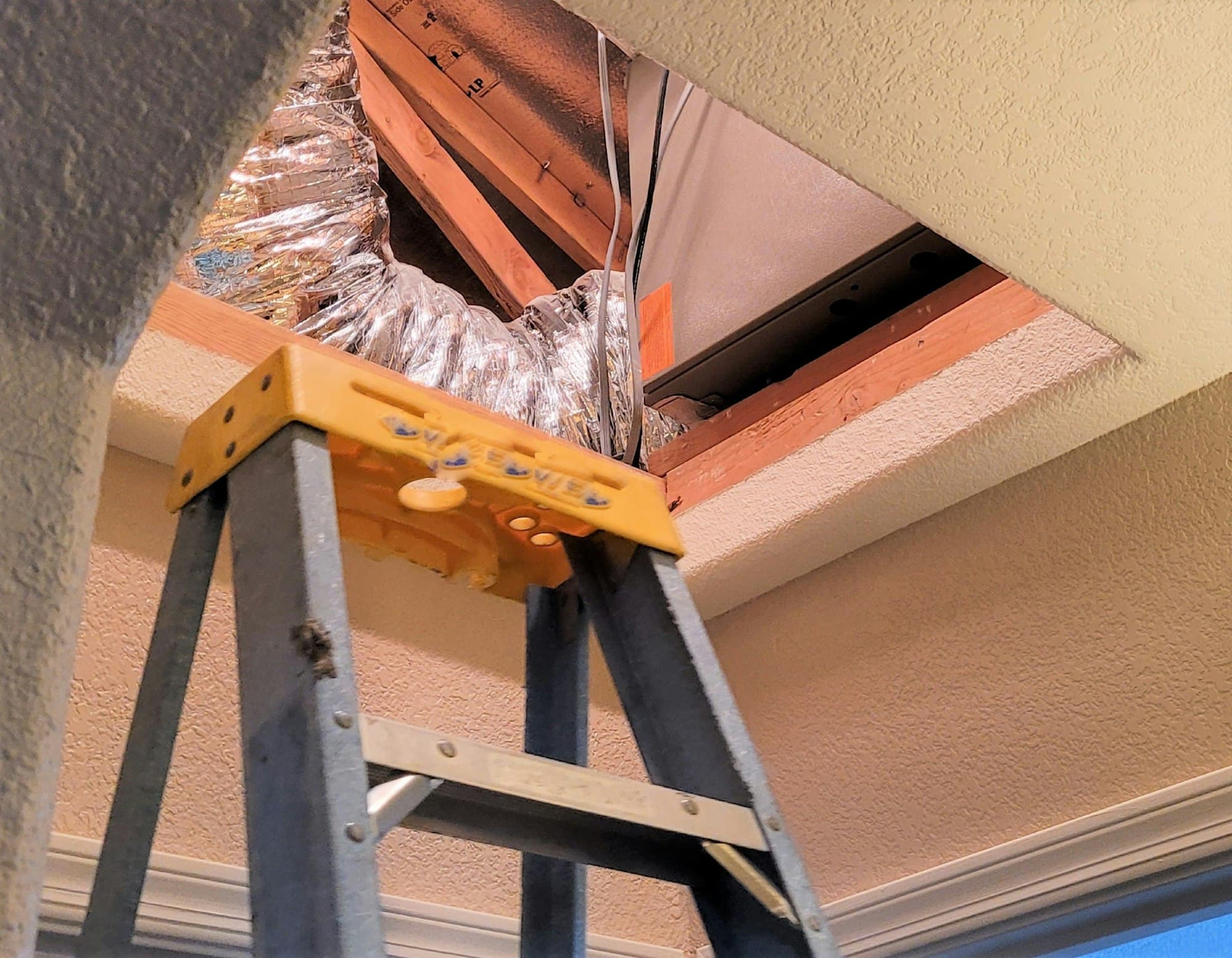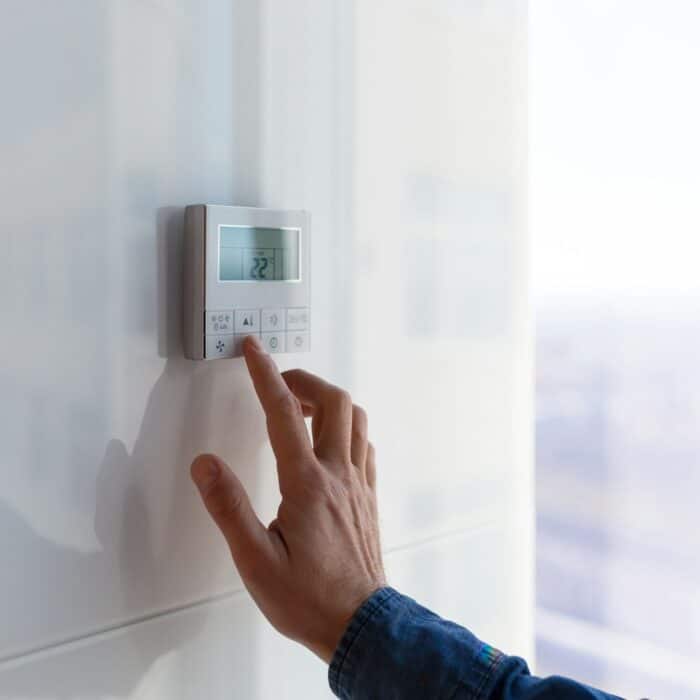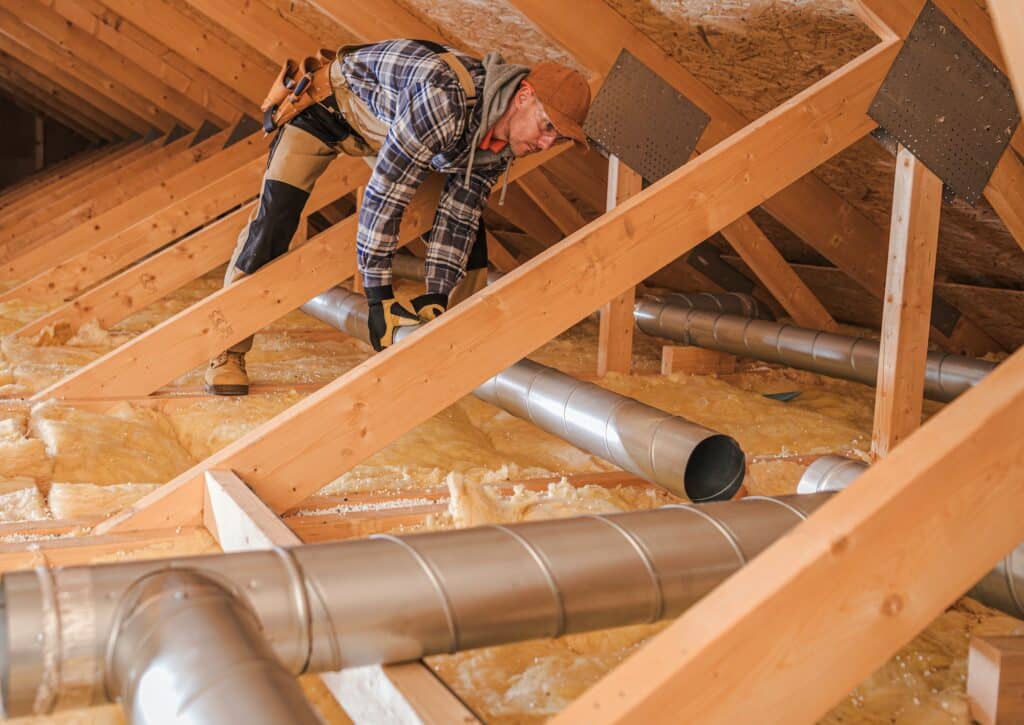
Is your business grappling with soaring energy costs? Achieving greater efficiency is a universal goal for every business. Why spend more or allocate extra resources to a process when it’s unnecessary? Efficient energy consumption is especially crucial for HVAC systems, as their inefficiency can lead to increased expenses and potential disruptions to your business operations. Fortunately, inefficient heating and cooling systems need not be a permanent burden. There are several steps you can take to optimize your HVAC system, reduce energy consumption, lower operational costs, and bolster your organization’s sustainability efforts. Consider the following measures to attain a more efficient system:
Seal and Inspect Your Heating and Cooling Ducts:
Leaks in your heating and cooling ducts can result in significant energy waste. Properly sealing your ducts can potentially save up to 20% on your business’s energy costs. It is essential to have regular inspections to identify and address any leaks promptly.
Regularly Replace Air Filters:
Dirty air filters can cause two major problems. Firstly, they obstruct and restrict airflow, forcing your system to work harder to achieve the desired temperature. Secondly, they compromise indoor air quality, which can impact employee health. To mitigate these issues and prevent breakdowns, change your air filters as recommended (usually once a month).
Promptly Address Small Repairs:
Regular maintenance of your HVAC system can save your business up to 40% in total maintenance costs. Just like any other technology, HVAC systems can experience minor issues that, if left unattended, may escalate into more significant problems. Establish a reliable relationship with a trusted HVAC company and promptly address any problems instead of hoping they will resolve themselves.
Install Programmable Thermostats to Minimize Waste:
Depending on your industry, there may be periods of downtime or spaces that do not require the same level of heating or cooling as during peak activity. Programmable thermostats allow you to optimize the HVAC system’s usage, ensuring energy is not wasted when it is unnecessary.
Upgrade Older Systems:
HVAC systems have a finite lifespan. If your system is over ten years old, it may be time for a major upgrade or complete replacement. Investing in a new system can significantly reduce long-term energy costs. However, remember that during the replacement or upgrade process, you will need an alternative HVAC solution to maintain uninterrupted operations. Generation AC can ensure your business remains unaffected during system downtime.
